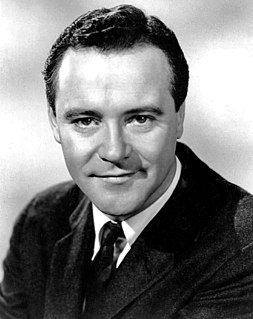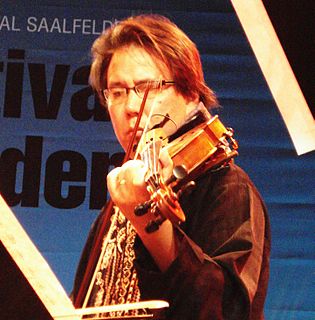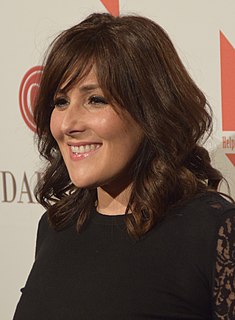A Quote by Pauline Oliveros
People's experiences are all different, and you don't know what the person experienced. They know, but you don't, so I think it's important to listen carefully to what a person has to say. And not to force them into any direction at all but simply to model what you've experienced, model it and also be what I call a Listening Presence. If you're really listening, then some of the barriers can dissolve or change.
Related Quotes
Deep listening is the kind of listening that can help relieve the suffering of another person. You can call it compassionate listening. You listen with only one purpose: to help him or her to empty his heart. Even if he says things that are full of wrong perceptions, full of bitterness, you are still capable of continuing to listen with compassion. Because you know that listening like that, you give that person a chance to suffer less.
Unless you listen, people are weazened in your presence; they become about a third of themselves. Unless you listen, you can't know anybody. Oh, you will know facts and what is in the newspapers and all of history, perhaps, but you will not know one single person. You know, I have come to think listening is love, that's what it really is.
When I started out as an actor, I thought, Here's what I have to say; how shall I say it? I began to understand that what I do in the scene is not as important as what happens between me and the other person. And listening is what lets it happen. It's almost always the other person who causes you to say what you say next. You don't have to figure out how you'll say it. You have to listen so simply, so innocently, that the other person brings about a change in you that makes you say it and informs the way you say it.
Acting doesn't have anything to do with listening to the words. We never really listen, in general conversation, to what the other person is saying. We listen to what they mean. And what they mean is often quite apart from the words. When you see a scene between two actors that goes really well you can be sure they're not listening to each other - they're feeling what the other person is trying to get at. Know what I mean?
I certainly do attempt to live according to spiritual principles. That's always the foundation of each and every day. I have experienced some things in my life that just force me to believe in some sort of power. A creative . . . creative power source; however you want to phrase it. I certainly have experienced that presence. And I have experienced what I consider the basic, what we would call love and concern.
I just think that whole culture of hatred, and also feeling like it's your right to judge people when you don't know them, is really f***ed up. So I'm pleased I experienced that side of it, so I can learn to be a better person on the other side of it. I'm sure in the past I've been judgmental too ... Self esteem, that's something you've got to work on yourself. I know for me it's different day to day.
When you're listening to music, you listen to it with a friend one day and it sounds one way. You listen to it with another friend the next day, and it sounds a little different. Sometimes the greatest pleasure of listening is not the music that you're listening to; it's the person that you're listening to it with.
I feel like if you know any women who's an essayist or a writer or a public speaker or just a public person, and they have any presence at all in any kind of social media, or any place where men can voice at them, you have to be pretty amazed at the level of special provocation and sort of violent speech and misogyny that comes at them. Any woman that's really in the public sphere has experienced this. It's kind of shocking how universal it is.
The difference between listening and pretending to listen, I discovered, is enormous. One is fluid, the other is rigid. One is alive, the other is stuffed. Eventually, I found a radical way of thinking about listening. Real listening is a willingness to let the other person change you. When I’m willing to let them change me, something happens between us that’s more interesting than a pair of dueling monologues.
I got letters from people that have had peculiar psychic experiences, experiences with the dead - sometimes fairly tranquil experiences and sometimes very terrifying experiences. I do believe that a lot of them are sincere. I do believe, also, that some of them may be misguided. But, I think the majority of them have experienced something.
For a human being, to possess a consciously experienced first-person perspective means to have acquired a very specific functional profile and distinctive level of representational content in one's currently active phenomenal self-model: It has, episodically, become a dynamic inner model of a knowing self.






































